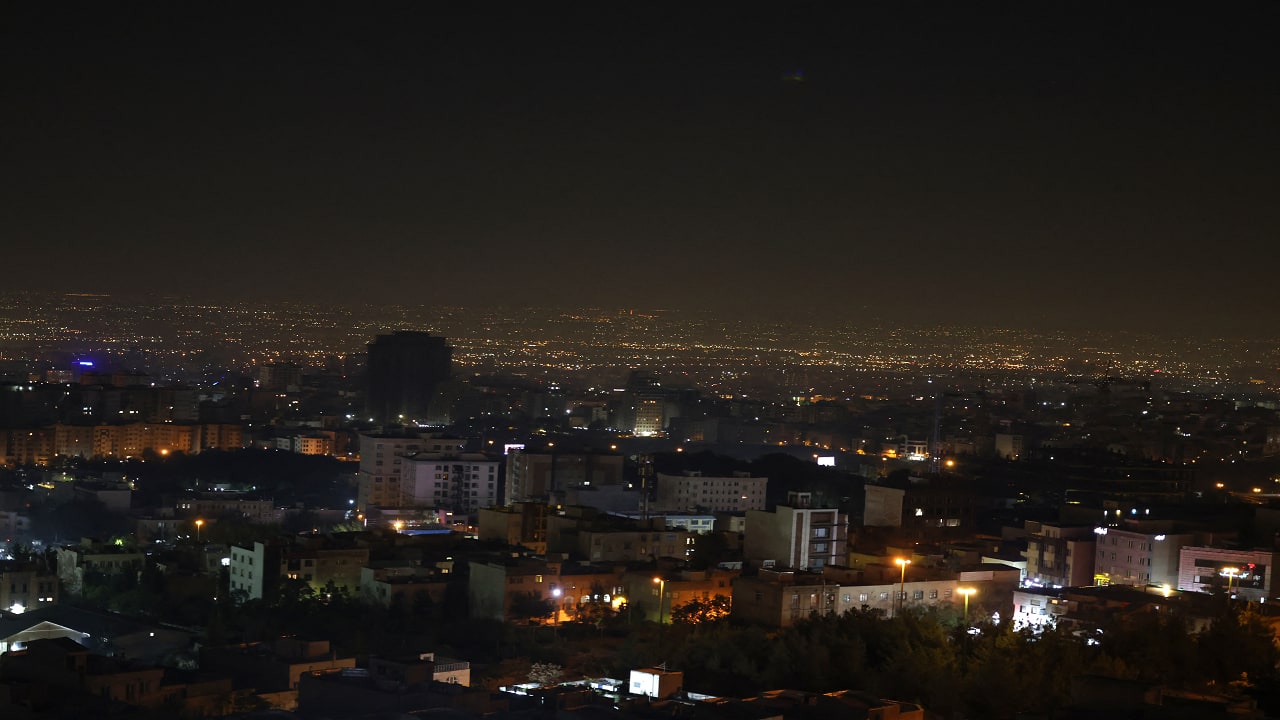 |
|
The recent Israeli airstrikes on Iranian military facilities have significantly escalated tensions in the Middle East. This act of retaliation, carried out under the cover of darkness, was Israel’s response to previous Iranian missile attacks targeting Israeli territory. The strikes targeted crucial Iranian military assets, including air defense systems, aerial capabilities, and missile manufacturing facilities used to produce weapons directed against Israel. While Iran insists the damage was limited, the extent of the destruction remains unclear.
Israel’s confidence in its ability to cripple Iranian air defenses is evident in their statement claiming broader aerial freedom of operation within Iran. This assertion reflects a significant shift in the regional power dynamics. However, Israel deliberately avoided targeting Iran’s oil infrastructure or nuclear facilities, signifying a calculated approach to minimize the risk of provoking a full-blown conflict. This strategy aligns with President Biden’s previous stance against supporting an Israeli strike on Iranian nuclear sites.
Despite the relative restraint displayed by Israel, the airstrikes have undoubtedly pushed the region closer to the brink of a wider conflict. Iran has vowed to respond to the attack, highlighting its commitment to retaliation. This response could manifest in various forms, including direct bombardment, which risks triggering further Israeli strikes, or indirect action through allied militant groups like Hamas and Hezbollah. However, both Hamas and Hezbollah have suffered significant setbacks in their ongoing conflicts with Israel, potentially limiting their effectiveness.
The international community has responded with a mix of condemnation and calls for de-escalation. While the United States seeks to end the direct exchange of fire between Israel and Iran, the regional dynamics suggest a complex and volatile situation. Saudi Arabia, Iran’s main rival, condemned the strike, while Turkey accused Israel of escalating the conflict. The situation is further complicated by the ongoing conflict between Israel and Hamas in Gaza, which has already resulted in a devastating loss of life.
The aftermath of the Israeli airstrikes presents a precarious situation with the potential for further escalation. Iran’s response will be crucial in determining the future trajectory of the conflict. However, the potential for further violence is high, as the Israeli-Iranian rivalry is deeply rooted in historical grievances and strategic interests. The international community must work to prevent further escalation and find a path toward a negotiated solution to the ongoing tensions in the region.
